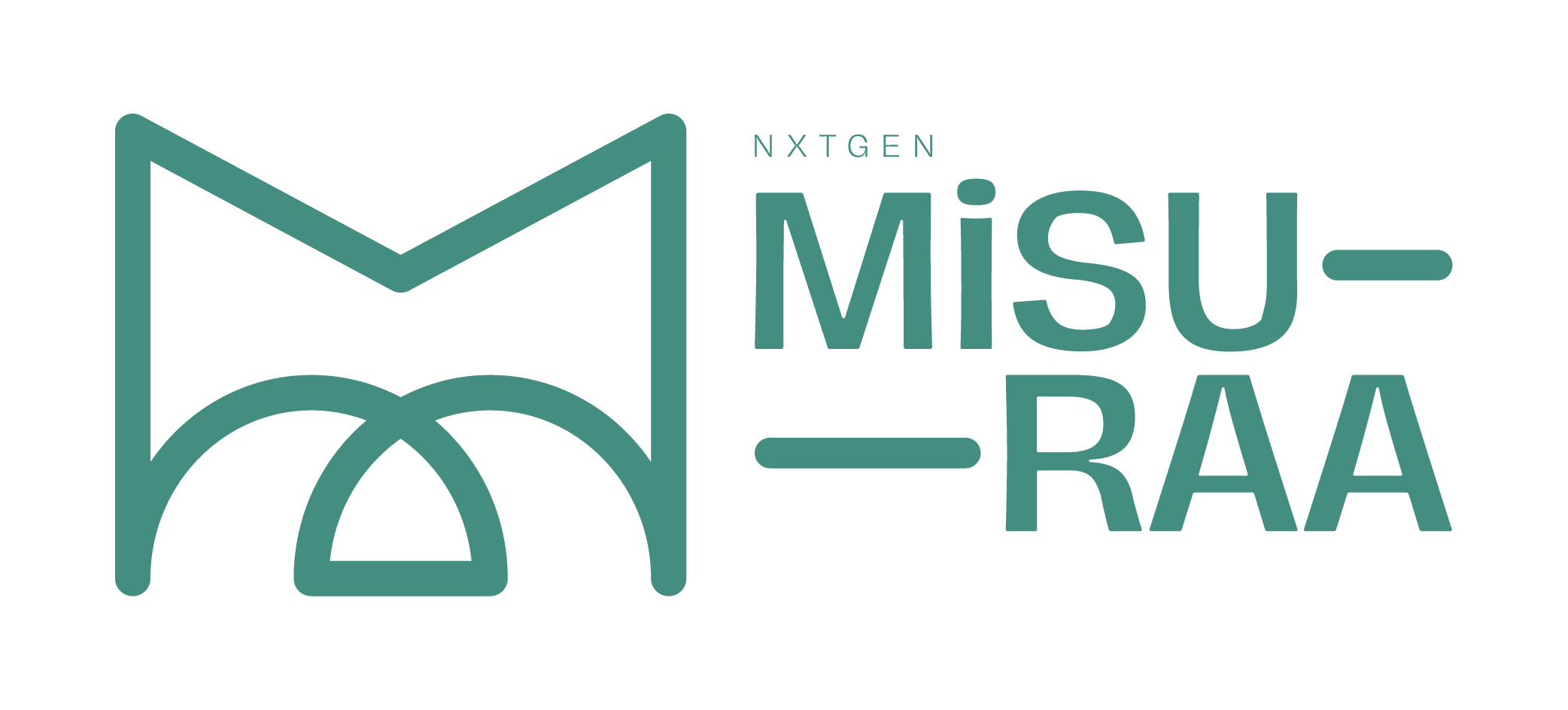Introduction
Have you ever ended a long workday with a stiff neck or aching shoulders? If so, you are not alone. Many Indians, especially those working from home or spending long hours at a desk, suffer from persistent neck pain. We often blame stress or long working hours, but what if the real problem lies in our chairs? A poorly designed office chair can silently cause discomfort, leading to chronic neck and back pain. The good news? The right office chair with neck support can make a world of difference.
Identifying the Problem
Neck and shoulder pain can creep up subtly, turning from mild discomfort to a serious issue affecting productivity and daily life. Common signs include:
-
Constant stiffness in the neck or upper back.
-
Frequent headaches originating from neck tension.
-
Pain that worsens after prolonged sitting.
-
A tendency to slouch due to lack of proper support.
-
Feeling exhausted even after sitting for long hours.
If these symptoms sound familiar, it’s time to assess whether your chair is providing adequate support.
Causes of Neck and Shoulder Pain
-
Lack of Proper Support: Many traditional office chairs lack neck and lumbar support, forcing the spine into unnatural positions.
-
Poor Posture: Slouching forward, craning the neck towards the screen, or hunching over the keyboard strains the muscles.
-
Prolonged Sitting: Sitting for extended periods without movement tightens the muscles, reducing blood circulation and causing stiffness.
-
Incorrect Chair Height and Positioning: If your chair is too high or too low, it misaligns your body, increasing tension on your shoulders and neck.
-
Using Non-Ergonomic Chairs: Regular dining chairs or sofas do not provide the necessary support for long working hours, exacerbating discomfort.
Solutions and Alternatives
1. Upgrade to an Ergonomic Chair

Investing in the best office chair for neck pain is one of the most effective solutions. Ergonomic chairs are designed to support natural spinal alignment, reducing strain on the neck and shoulders. Features to look for:
-
Adjustable Neck Support: A well-designed headrest supports the neck and prevents strain.
-
Lumbar Support: Helps maintain the natural curve of the spine.
-
Adjustable Height and Armrests: Ensures proper positioning for different body types.
-
Reclining Functionality: Allows occasional leaning back to relax the spine.
2. Maintain Correct Posture
Even with the best office chair with neck support, improper sitting posture can still lead to pain. Follow these posture tips:
-
Keep feet flat on the floor or on a footrest.
-
Align knees at a 90-degree angle.
-
Sit back against the chair with shoulders relaxed.
-
Keep the screen at eye level to avoid looking down for prolonged periods.
3. Take Regular Walks
Movement is key to preventing stiffness. Consider these tips:
-
Stand up and stretch every 30-60 minutes.
-
Take a short walk during coffee or lunch breaks.
-
Incorporate standing meetings or phone calls to reduce sitting time.
4. Schedule Regular Breaks
Frequent breaks enhance productivity and reduce physical strain. Try:
-
The 20-20-20 Rule: Every 20 minutes, look at something 20 feet away for 20 seconds.
-
Simple stretching exercises for the neck, shoulders, and back.
-
Deep breathing to relax tense muscles.
Conclusion
Ignoring neck pain today can lead to severe health issues in the future. The right office chair for neck and back pain, combined with good posture and regular movement, can prevent long-term discomfort. Take action today—upgrade your chair, adjust your workspace, and incorporate healthy habits to keep your neck and shoulders pain-free.


